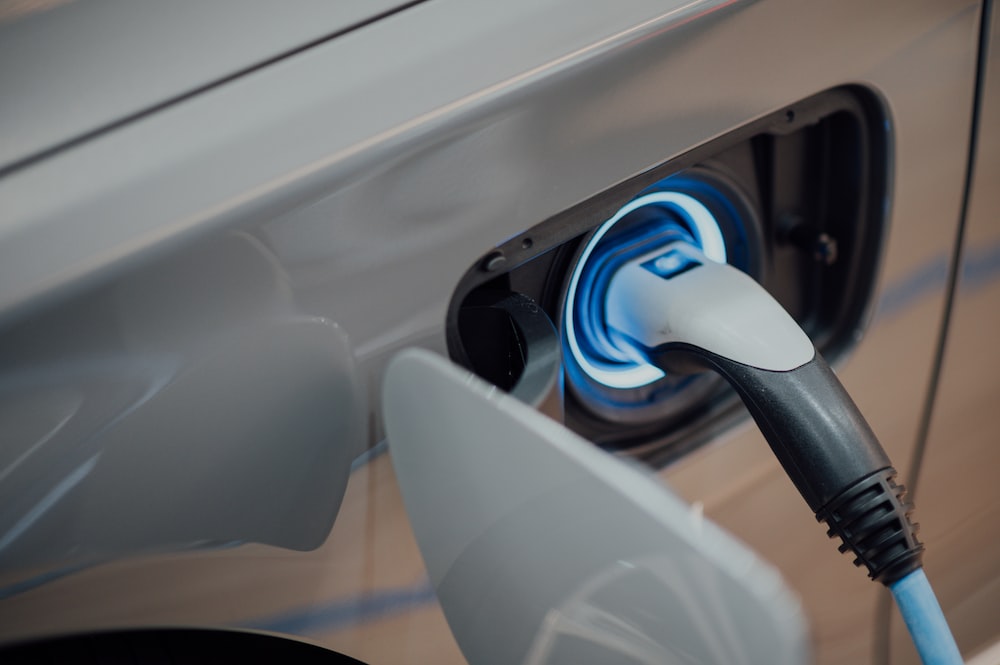2023 has introduced a number of new UK transportation laws in the United Kingdom, and some of them are specific to owners of electric vehicles. As many car users are still skeptical of adopting electric vehicles as their primary mode of private transportation, the United Kingdom government is making attempts to encourage these users to buy and use electric vehicles (EVs) instead of internal combustion engine (ICE) vehicles by offering some incentives. Therefore, the new year has marked some relevant laws regarding EVs in the UK, and this article covers them so that you know what you should expect as a potential or current EV owner.
EV Owners Won’t Have to Pay Any Vehicle Excise Duty (VED) Until April 2025
A crucial way the UK government is trying to get potential car owners to buy electric vehicles in the UK instead of ICE cars is by removing the need for them to pay any vehicle excise duty (VED) until April 2025. This law does not only apply to people who want to buy EVs in the new year. Instead, it applies to existing EV owners who have EVs that were registered on or after 1 April 2017. The minimum VED that diesel and petrol car owners must pay is £165, which EV owners are exempt from paying each year for the next 2+ years. In that case, potential car owners are incentivized to buy an electric vehicle over an ICE one to save money each year. In addition to that, EV owners will also only have to pay a VED amount of £10 in the first year after April 2025, helping them save more money. However, after that point, the VED amount should equal that of other types of vehicles, i.e., petrol and diesel cars.
What you should keep in mind, however, is that buying relatively expensive EVs increases the VED amount after April 2025. So, those who own EVs valued over £40,000 when they purchased the vehicle (after April 2025) must pay an additional amount of £355 for owning the vehicle over their flat minimum rate of what is currently set at £165.
E-Scooters Are Still Not Fully Legalised in the UK
All of the news on electric vehicles is not good, however. There was talk about the use of e-scooters (a form of electric vehicle) to be fully legal on all UK roads. However, that transport bill did not come into effect, and e-scooter users cannot use their vehicles on all UK roads. It’s best to do some research on what roads you can ride those scooters on to avoid running into problems with the law.
If you’re looking to learn more about laws regarding EVs in the UK, consider consulting a team of solicitors experienced in transport law. They can also help you with any problems you may have with the law.


